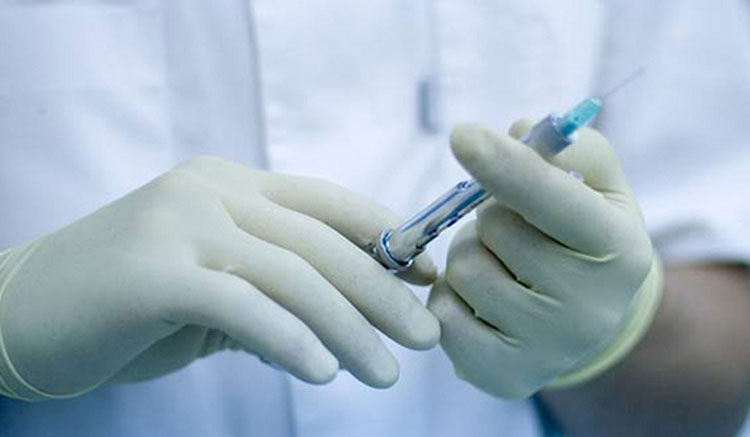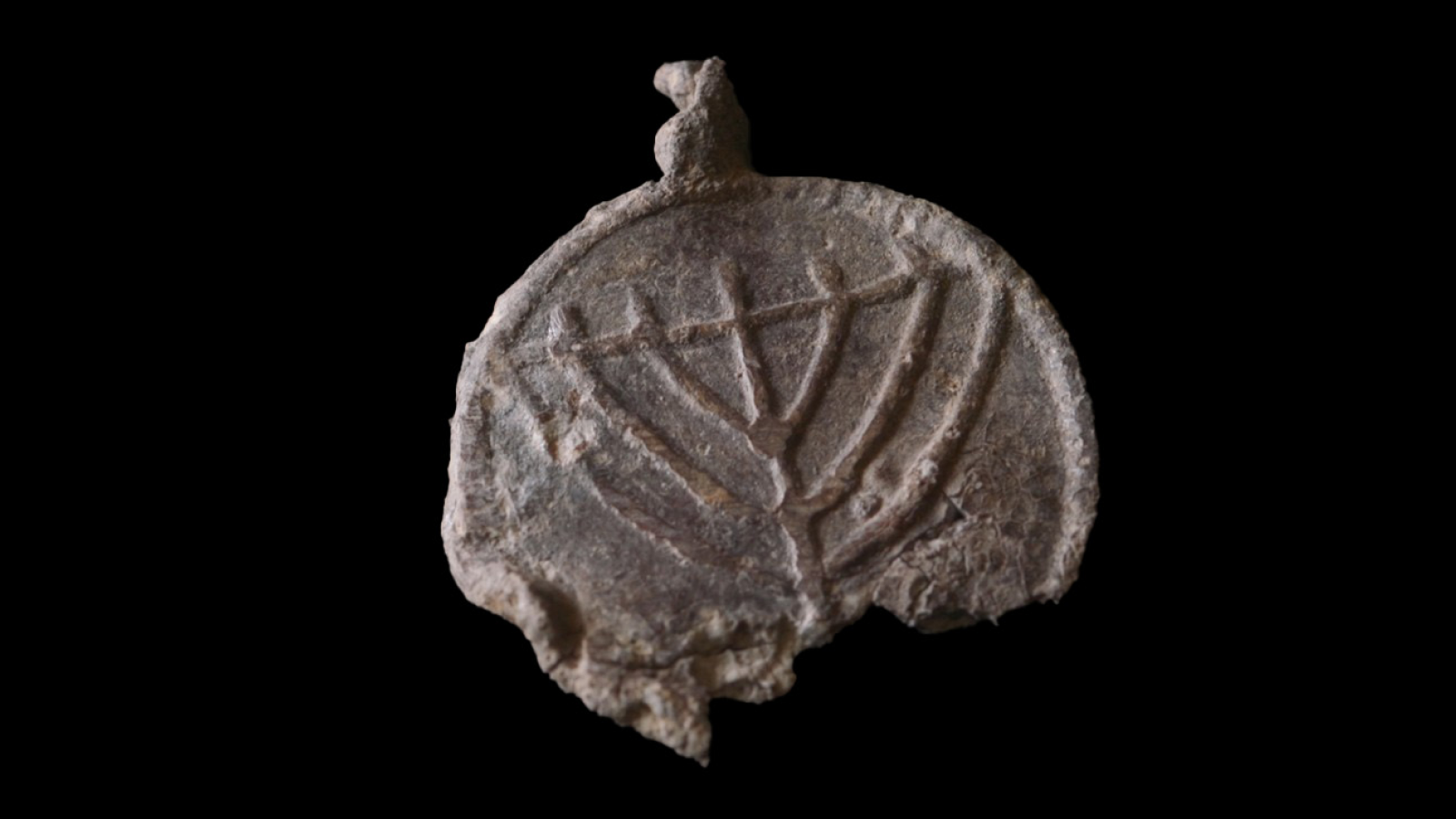HPV Vaccine Better Than Expected

The HPV vaccine may provide even greater protection against cervical cancer than thought, according to new research.
Four years after being administered, the human papillomavirus vaccine was close to 100 percent effective at preventing the pre-cancerous stages of cervical cancer in young women, the researchers found in a study of nearly 20,000 young women.
The findings suggest that if a large portion of young girls were vaccinated with an HPV vaccine either Cervarix, which is manufactured by GlaxoSmithKline, or Gardasil, manufactured by Merck the recommendations for future cervical cancer screenings might change, study researcher Cosette Wheeler said. Women might be told they need fewer screenings later in life and could start screening at an older age.
In addition, a second study found that the Cervarix vaccine, which protects against the two strains of HPV most highly associated with cervical cancer (HPV 16 and 18), provides partial protection against four strains not included in the vaccine. Together, these strains cause 85 percent of cervical cancers.
"We're achieving protection that wasn't really ever envisioned," said Wheeler, a member of the department of pathology at the University of New Mexico Health Sciences Center.
Both studies were funded by GlaxoSmithKline. The company had a role in the study design and interpretation and analysis of data.
Currently, vaccination rates in the United States are far lower than those needed to merit such a change in recommended screenings. Recent studies show only about 32 percent of U.S. girls receive all three recommended shots of the HPV vaccine. (Three shots are thought to be optimal for HPV prevention.)
Get the world’s most fascinating discoveries delivered straight to your inbox.
Meanwhile, in developing countries, where most cervical cancer cases arise, the vaccine is too expensive to administer.
The findings were published online today (Nov. 8) in the journal The Lancet Oncology.
Preventing cancer
Previous studies examined how well the HPV vaccine prevents a condition known as cervical intraepithelial neoplasia grade 2 (CIN2). In this condition, the cells of the cervix are abnormal and may become cancerous. However, a substantial number of CIN2 cases will not turn to cancer.
In one of the new studies, the researchers followed nearly 20,000 healthy women between the ages of 15 and 25 women for four years longer than previous studies and looked at a more accurate marker of pre-cancer, known as CIN grade 3 (CIN3). The women were from 14 countries in Asia, Europe, Latin America and North America (including the United States), and they were randomly assigned to receive Cervarix or a control vaccine (for hepatitis A).
Among those who hadn't previously been infected with HPV before vaccination, the vaccine reduced the incidence of CIN 3 by 93 percent. In the entire study population, the vaccine reduced the incidence of CIN3 by 46 percent; this lower efficacy reflected the fact that the vaccine does not affect cancer's progression in women already infected with HPV.
The vaccine was 100 percent effective at preventing cases of CIN3 caused by HPV 16 or 18, and the second study showed it protected women against other cancer-causing HPV types 31, 33, 45, and 51. This additional protection was presumably due to the similarity of the viruses.
Widespread vaccinationThe results assure us that, among young women who have not been exposed to HPV, the vaccine "has extremely high efficacy against HPV-16/-18-associated persistent infection," wrote Dr. Mark Schiffman and Sholom Wacholder, of the National Cancer Institute, in a commentary accompanying the study.
"The exciting proof-of-principle phase of vaccine development is over," the researchers wrote. The most important public health issue concerning the vaccine is now how to increase its coverage, they said.
The vaccine would be particularly helpful for countries that don't have the resources to provide cervical cancer screening . However, a vaccination program in these countries will be possible only if the price of the shots dropped, Wheeler said.
The development of an HPV vaccine that does not need to be kept cold, or one that could be administered in one dose, could increase coverage globally, Schiffman and Wacholder said.
Pass it on: The HPV vaccine is highly effective at preventing the pre-cancerous stages of cervical cancer, but only if give prior to exposure to HPV through sexual activity.
- 5 Dangerous Vaccine Myths
- What to Do (And Not to Do) to Ease Kidsâ?? Vaccination Pains
- Should the HPV Vaccine Be Mandatory? Health Experts Weigh In
Follow MyHealthNewsDaily staff writer Rachael Rettner on Twitter @RachaelRettner. Find us on Facebook.

Rachael is a Live Science contributor, and was a former channel editor and senior writer for Live Science between 2010 and 2022. She has a master's degree in journalism from New York University's Science, Health and Environmental Reporting Program. She also holds a B.S. in molecular biology and an M.S. in biology from the University of California, San Diego. Her work has appeared in Scienceline, The Washington Post and Scientific American.


